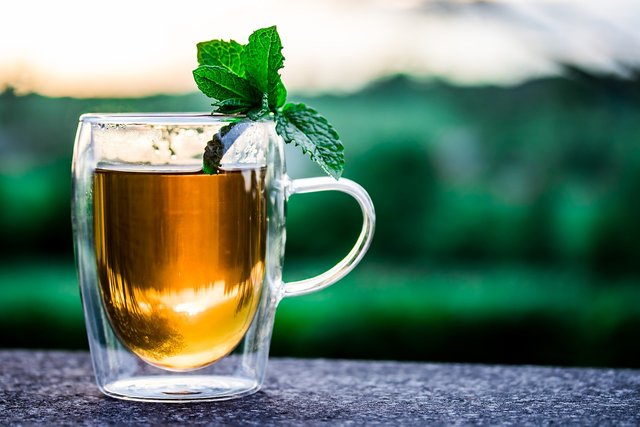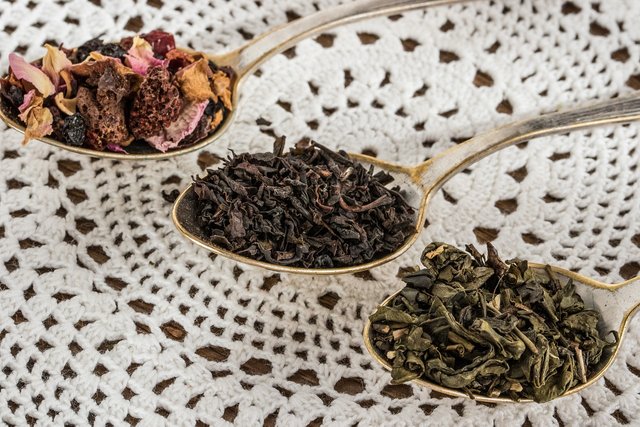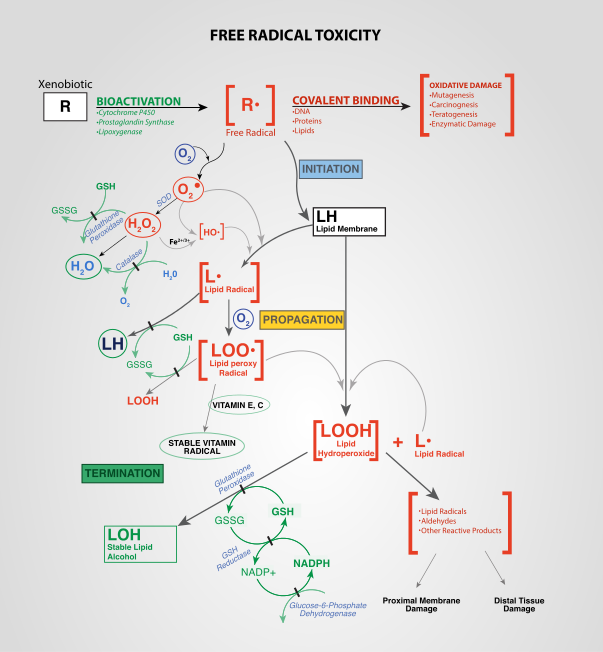Benefits Of Tea - According To Science
I recently wrote a post about coffee, well this one is dedicated to "tea drinkers". There is an age-old debate between coffee and tea lovers, both coffee and tea have distinctive flavors that a lot of people find very pleasant. Well, there is nothing better than a cup of herbal tea for me. So what makes tea "awesome"? And what are its benefits?

Tea is one of the most popular beverages consumed worldwide, mostly prepared by pouring boiling water over the leaves of the Camellia sinensis, Tea can be green, black or Oolong.
The difference between all these is achieved via different processing methods. green tea is made by heating the leaves immediately after picking them off, which is done by steaming the leaves (as I said above), this heat stops the leaves from oxidizing thus maintaining their lovely green color. To make black tea, leaves are set aside to oxidize completely, as they oxidize, they progressively turn to black(crushing the leaves into a powder can help speed up the process), leaves are then dried out and heated. Oolong tea falls somewhere in between green and black tea, it's a partially oxidized tea. The degree of oxidation can range from 8% to 85% depending on the tea master.

The key ingredients in a cup of tea are caffeine, theobromine, theophylline, and L-theanine.
Tea contains much less caffeine than coffee, thereby providing less stimulating effects, but it contains small amounts of stimulants more potent than caffeine called theophylline and theobromine.
Theobromine can also stimulate the heart thus it increases heartbeat, and also dilates blood vessels, causing a reduced blood pressure.
Theophylline is a methylxanthine drug used in therapy for respiratory diseases because it relaxes smooth muscles in the airway and increases heart rate. Theophylline has also some anti-inflammatory effects.
L-Theanine an amino acid found primarily in tea leaves. Theanine can improve attention and brain function by reducing mental and physical stress, boosting mood and even improving cognition.
Every time we think about green tea, most of us imagine an Asian old man who looks wise and happy and calm, wonder why? because in fact, green tea contains the amino acid L-theanine, which is able to cross the blood-brain barrier.L-theanine stimulate the activity of the neurotransmitter GABA, the main inhibitory neurotransmitter of the brain(check my post here for more information) which has anti-anxiety effects.Besides dopamine is released creating more and more satisfaction and relaxation.
We know also for fact that tea contains some caffeine which is a known nervous stimulant.Caffeine improves the mood, memory, awareness and many cognitive functions.
Caffeine and L-theanine have synergistic effects. The combination of the two is particularly potent at improving brain function and increasing energy through the day.
Most of the health-promoting effects of green tea are mainly attributed to its polyphenol content especially flavanols and flavonols which are powerful antioxidants.
Every day the body produces free radicals through metabolic reactions called oxidative stress, whether they are intracellular or extracellular they are harmful to the cell membrane or cell DNA.Antioxidants are special molecules, they react with these free radicals neutralizing their effect.

Therefore green tea drinkers are less likely to get different types of cancers including breast, prostate, Colon, esophagus, stomach, kidney, pancreas etc...
In fact, The Japan Academy has proven the anti-cancer activities and anti-metastatic of green tea, preventing cancer cell growth and adhesion to other cells using in vivo and in vitro models.
A 2006 study published in the Journal of the American Medical Association concluded that green tea consumption reduces mortality due to cardiovascular diseases.
The antioxidant compounds found in tea reduce LDH oxidation and decrease cholesterol and triglycerides.All of these are risk factors for developing a cardiovascular disease.Green tea drinkers are 30% less likely to have a heart attack than average, the study included approximatively 40.000 persons.
Also, a 2013 review of many studies found green tea helped prevent high blood pressure , congestive heart failure and ventricular hypertrophy.
Other benefits include increasing insulin sensitivity in type 2 diabetes, as a recent large-scale retrospective study concluded that consumption of green tea, coffee, and total caffeine was associated with a reduced risk for type 2 diabetes mellitus.Green tea also boosts the metabolic rate and help you lose weight.Many epidemiological studies suggest that consuming green tea correlated with an increased longevity whether because it improves overall health or acts specifically on the aging process, we don't know for sure yet.Still waiting to get a cup of tea?
References :
https://steemit.com/steemstem/@fancybrothers/major-neurotransmitters-of-the-nervous-system
https://www.webmd.com/food-recipes/features/health-benefits-of-green-tea#1
https://www.medicalnewstoday.com/articles/269538.php
https://www.healthline.com/nutrition/top-10-evidence-based-health-benefits-of-green-tea#section2
https://www.ncbi.nlm.nih.gov/pubmed/9251922
https://www.healthline.com/nutrition/stimulants-in-tea
Picture Credit:
Thumbnail and Pic (2) - pixabay.com
Pic (3) - wikipedia
One more thing, Join the #steemSTEM channel, A community project to promote science technology engineering and mathematics postings on Steemit.

Excellent post, very well articulated. thank you so much.
You're welcome
Matcha tea is one of my favorites
green tea good for health
Good tea can be for the stamina of the body.